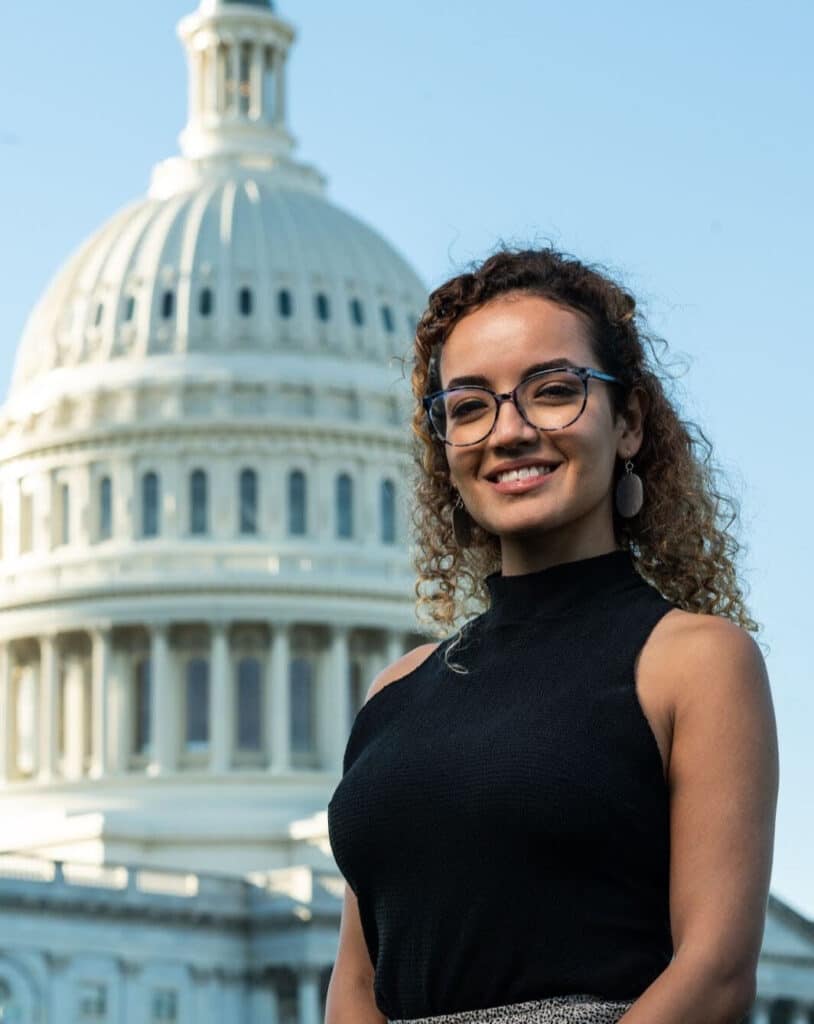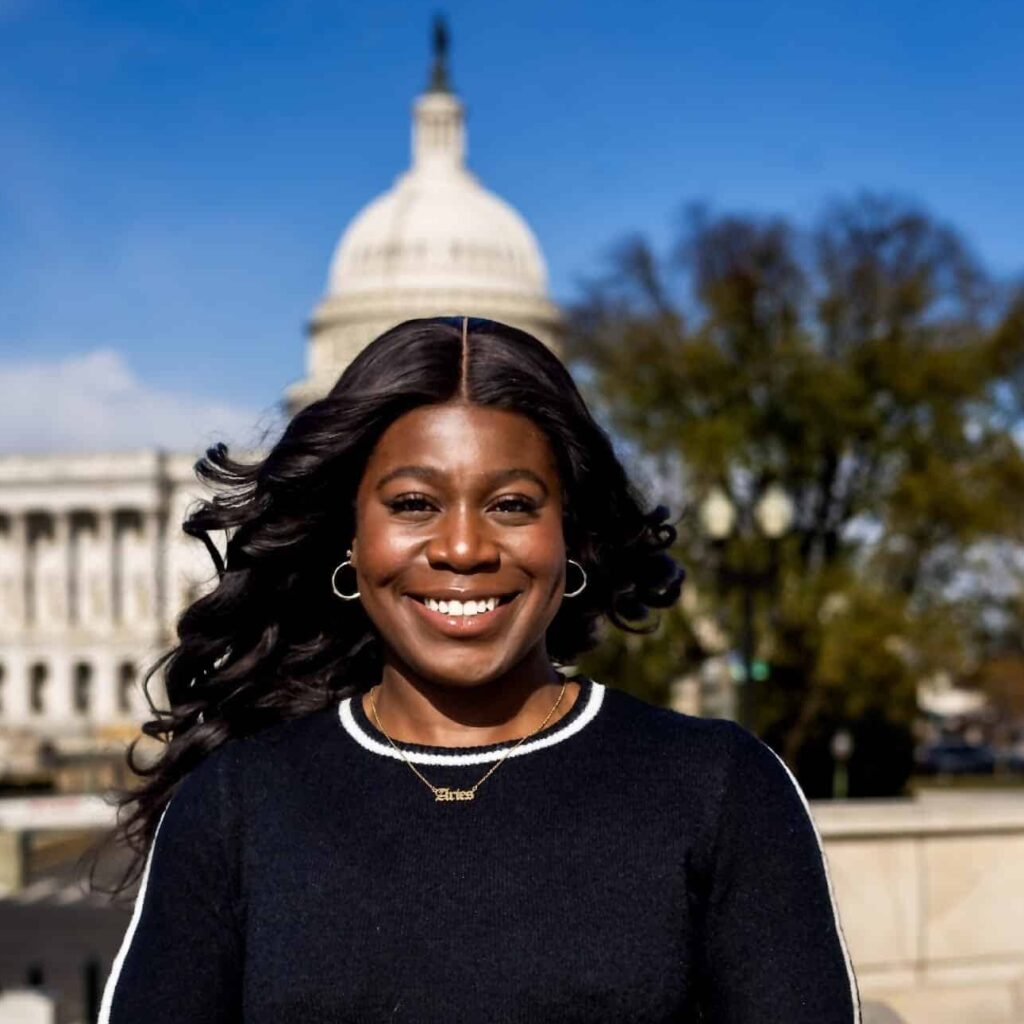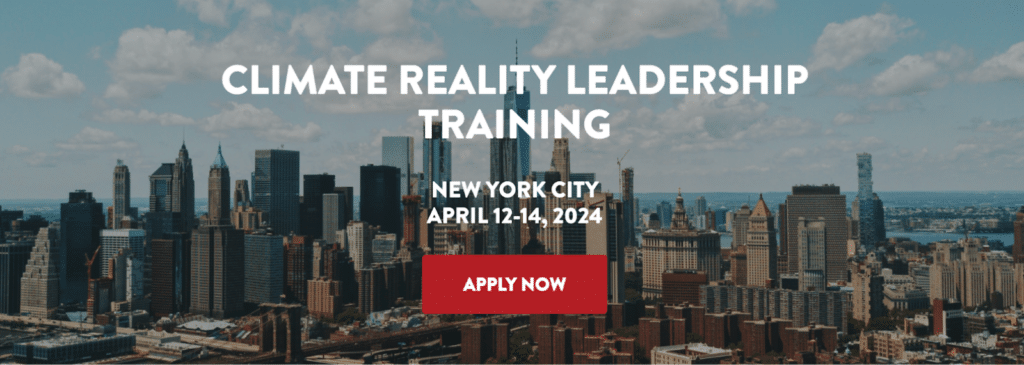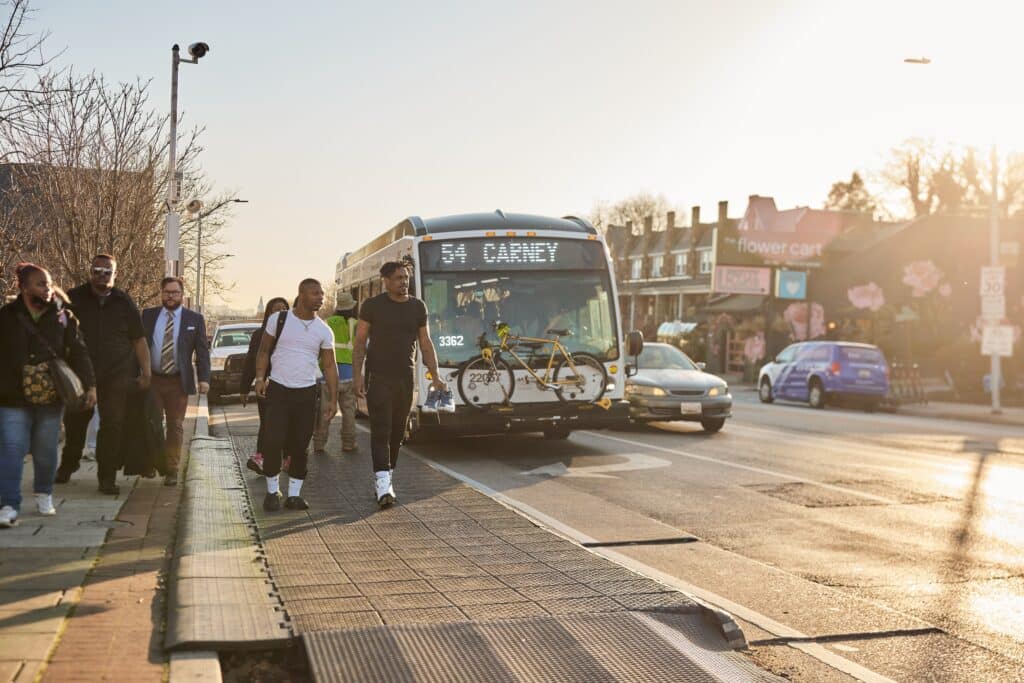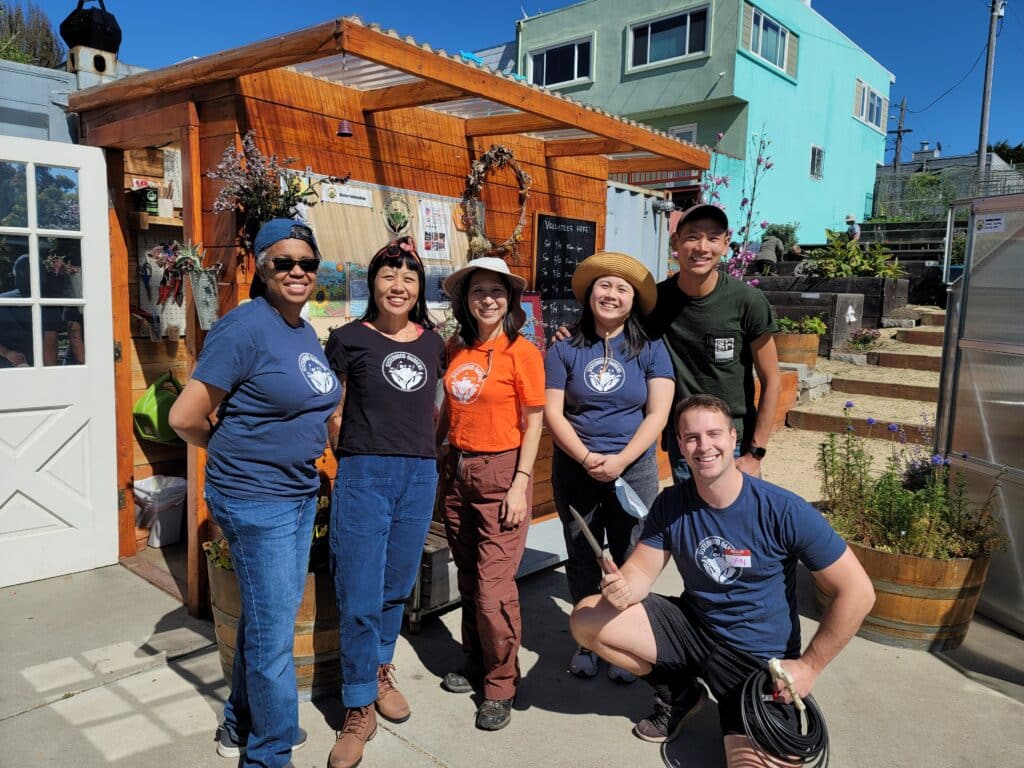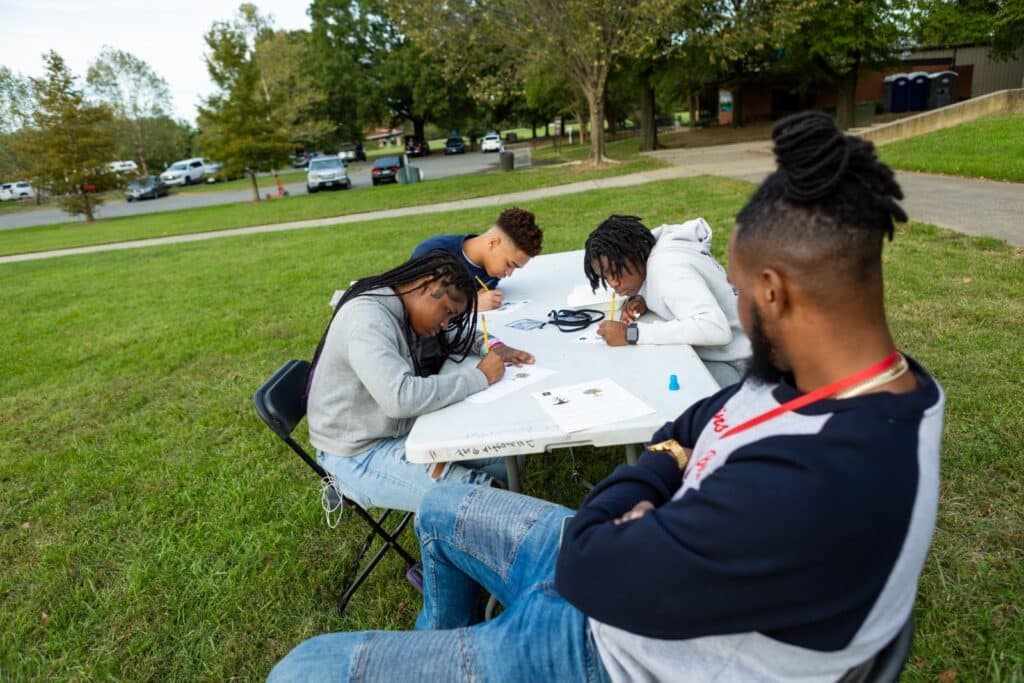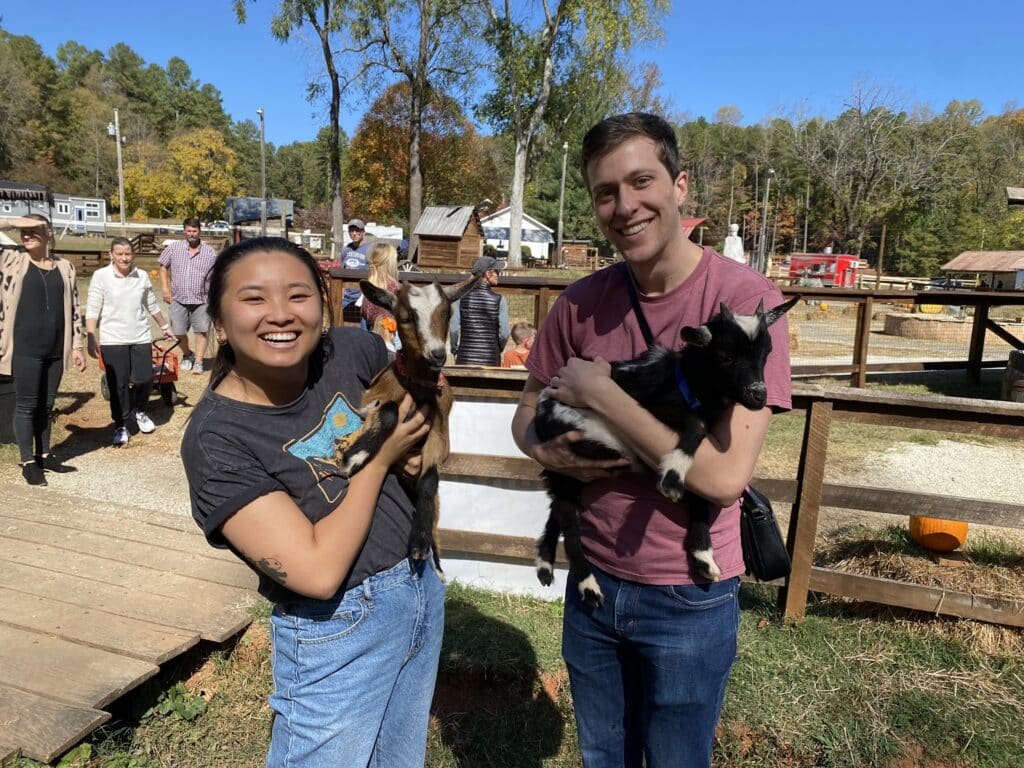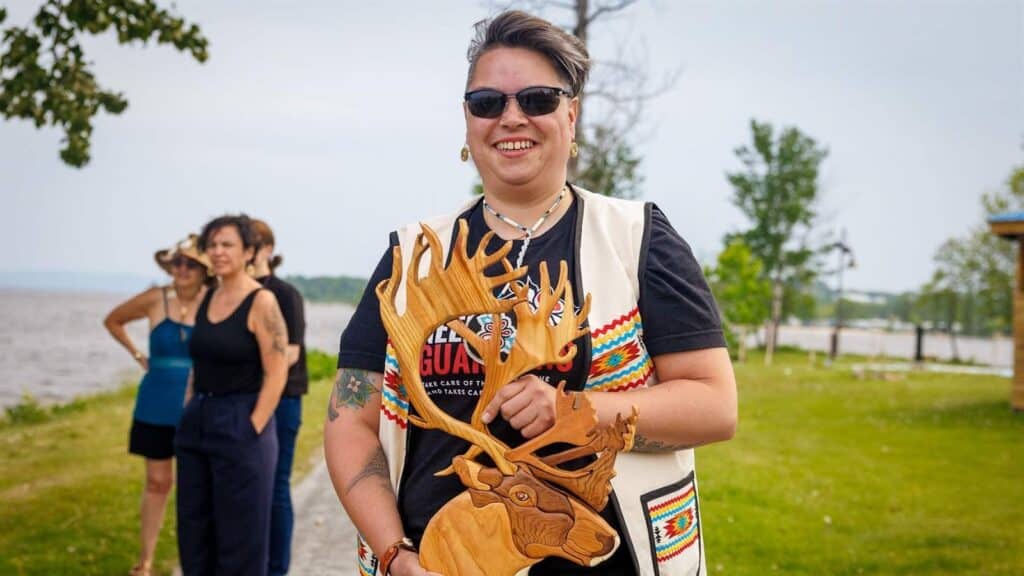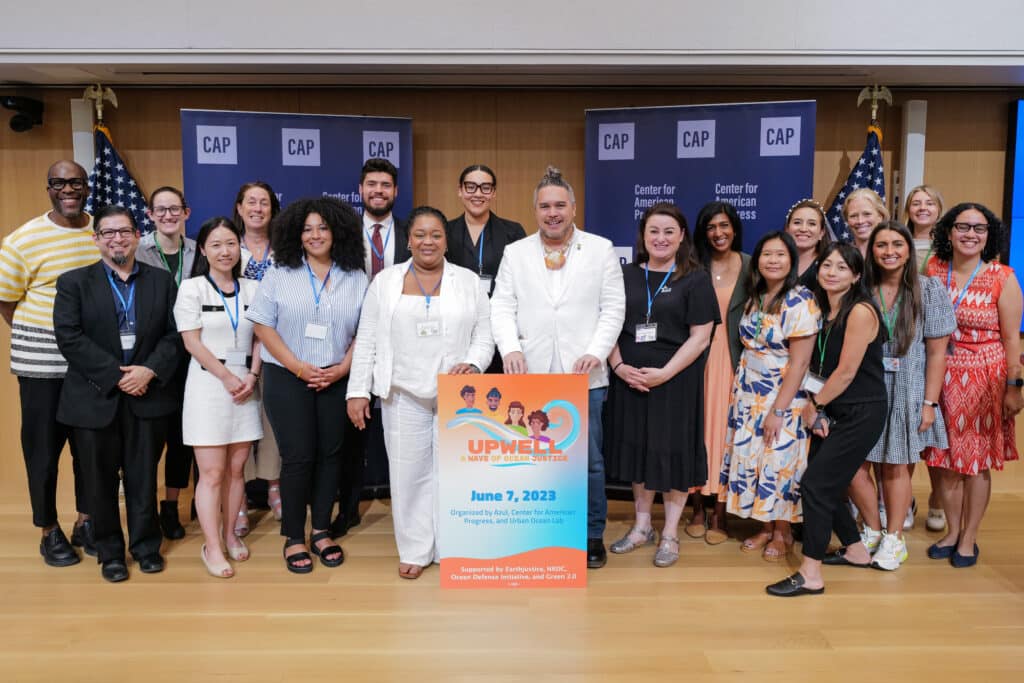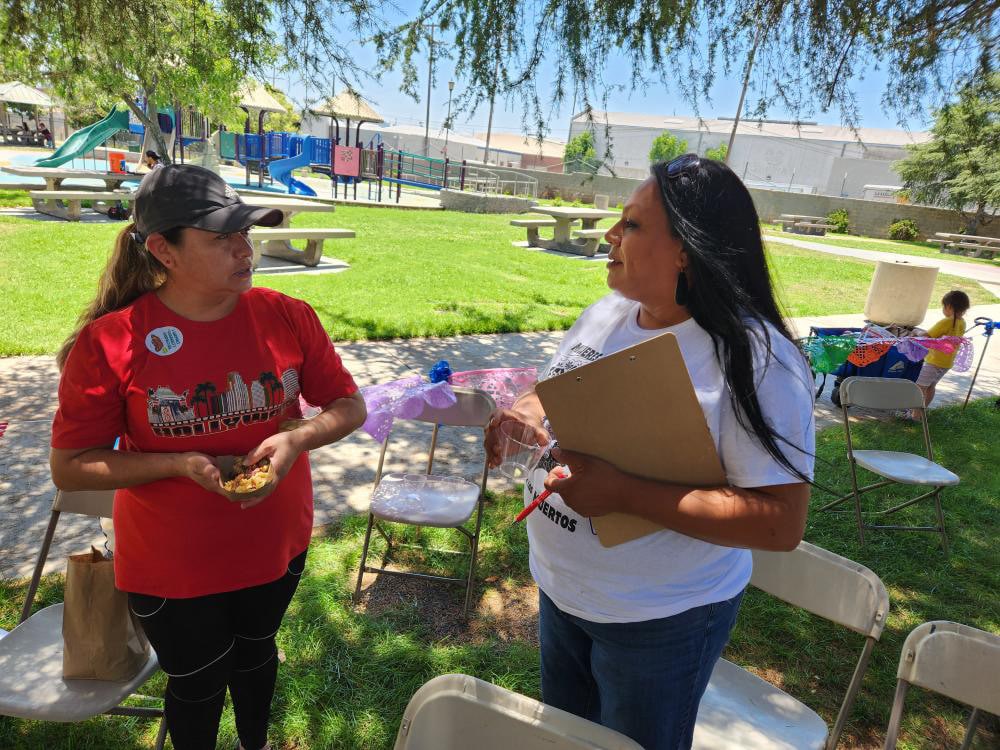Blog Post
Breaking Barriers and Empowering Women of Color in Environmental Policy
Marilyn serves as the Public Engagement Director for the House Committee on Natural Resources Democrats. She leads the Committee staff work on all stakeholder engagement on issues that fall under the jurisdiction of the Committee.
Read MoreAdvancing Justice from the Classroom to Capitol Hill
Josephine Amusa serves as a policy advisor for Democratic Leader Hakeem Jeffries (NY-08). In this capacity, she leads all issues related to energy, climate, natural resources and public lands, science and space, animals, and Tribes.
Read MoreOur History and The Why
Serving as the Diversity and Justice Senior Vice President at The Climate Reality Project, Jamiah held DEIJ leadership roles within the political space and worked for progressive organizations and civil rights, before her almost 3-year tenure at The Climate Reality Project.
Read MoreActivists Tackle Transportation’s Role in the Climate Crisis
The Central Maryland Transportation Alliance was formed in 2007 as a diverse coalition of corporate and civic leaders uniting business, philanthropic, and institutional sectors around a common agenda: improving and expanding transportation options for the citizens and businesses of Central Maryland. In this blog, President & CEO Brian O’Malley discusses recent efforts to pass more climate-friendly transportation legislation in the state.
Read MoreSisterhood Gardens: Where Environmental Justice and Intergenerational Communities Grow Together
Dr. Chan, garden educator and food justice advocate, talks about the development of a community-based food security project called Sisterhood Gardens, in San Francisco, CA. What started out as a partnership with the city of San Francisco to offer garden plots led to a space for transformational change in our local community and a model for future mixed-use community garden spaces.
Read MoreGreen Space for Teens: Thrive DC’s Vision for Local Underserved Youth
Working with the National Park Service, Friends of Anacostia Park (FoAP) turns the challenge of revitalization into an opportunity for community uplift. We connect residents with meaningful, green employment and activate Anacostia Park as a vibrant convening point for all visitors. In this blog, FoAP highlights the history of the park and Thrive DC, an after-school program providing local teens the opportunity to connect with nature and build community.
Read MoreThe Need for Nuance and Systemic Change in Plant-Based Diet Culture
Green 2.0’s Fall Fellow Michelle Gin dissects White-dominated plant-based diet culture and proposes flexitarianism as a more nuanced diet alternative and ideological framework to affect change at both an individual and systemic level.
Read MoreIn Canada, Indigenous Leaders Take Mantle of Longtime Boreal Forest Stewardship Effort
Tom Dillon is a senior vice president at The Pew Charitable Trusts, leading the organization’s work on conservation and environment initiatives in the United States and around the world. Valérie Courtois is the executive director for the Indigenous Leadership Initiative, which supports Indigenous Nations in honouring the responsibility to care for lands and waters. She is a member of the Innu community of Mashteuiatsch, located on the shore of Peikuakami, or Lac-St-Jean and lives in Happy Valley-Goose Bay, Labrador.
Read MoreBeyond 30×30: What the future of conservation should look like
Kat So is a campaign manager in the Energy & Environment Department at the Center for American Progress, a multi-issue policy think tank based in Washington DC. She is also the project coordinator for the Ocean Justice Forum. In this blog she discusses how we should measure conservation success and implement equitable 30×30 policies.
Read MoreGoing Beyond Making a Difference
Mujeres de la Tierra is an environmental equity nonprofit founded with the guiding principles of respect, advocacy, self-determination, bravery, and creativity. Mujeres inspires the healing of La Madre Tierra by working to build grassroots community leadership and capacity among historically unrecognized communities, especially among those who are low-income, immigrant, and/or communities of color.
Read More
